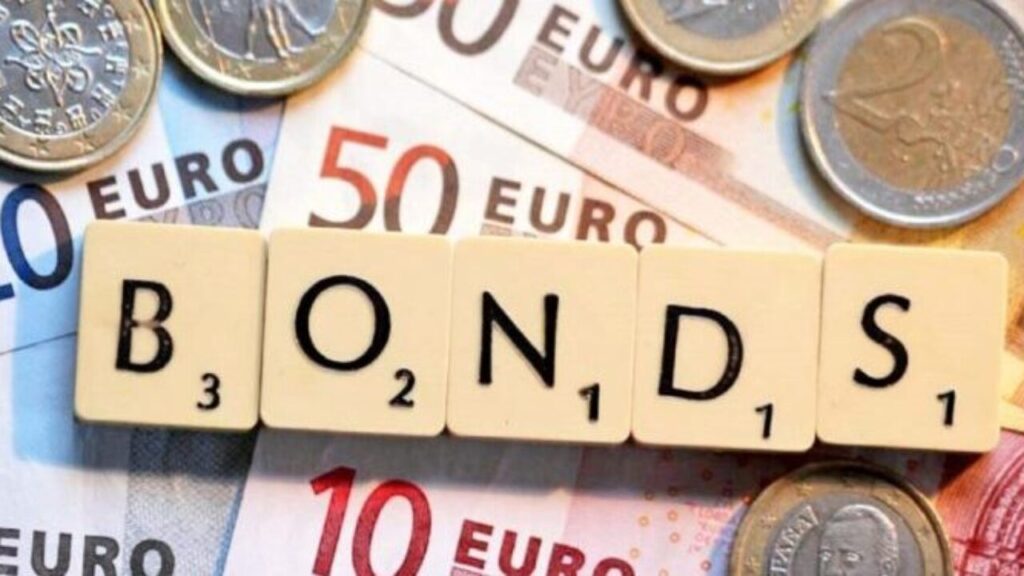Nigeria is planning to sell $2.3 billion in eurobonds as soon as this week, testing investor appetite for the debt, days after US President Donald Trump threatened military action against Islamist militants in the country and sparked a selloff, Bloomberg reported yesterday.
Citing people with knowledge of the matter, who asked not to be identified because they weren’t authorized to speak publicly, the news agency said the Federal Government was moving ahead with plans to sell 10-year debt as well as 15- or 30-year securities, pending sign-off on the legal documents from the justice ministry.
Nigeria joins Kenya and Angola in raising foreigncurrency debt from Africa this year, as resilient global growth and expectations of more interest-rate cuts from the US dialed up investor appetite for riskier assets globally, including high-yield sovereign bonds. The average spread for African sovereign debt over US Treasuries has dropped by nearly half since April to 367 basis points, according to JPMorgan Chase & Co. indexes.
“The Nigerian offering would be the first since the country raised $2.2 billion in December. The proposed sale was briefly delayed, according to one of the people, after Trump threatened US military action against Islamist militants in the country for what he claimed was the Nigerian government’s failure to prevent systematic killings of Christians. Trump also threatened to cut off US aid,” Bloomberg stated.
President Bola Tinubu rejected Trump’s characterizations in a post on social media platform X, saying that Nigeria has “constitutional guarantees to protect citizens of all faiths.” According to the news agency, Patience Oniha, Director-General of the Debt Management Office (DMO), and a spokesperson at the finance ministry didn’t respond to requests for comment.
It reported its sources as saying that investment bank, Chapel Hill Denham, JPMorgan Chase & Co., Standard Chartered Plc, Citigroup Inc. and Goldman Sachs Group Inc. are joint lead managers to the bond sale, while FSDH Merchant Bank Ltd. is financial adviser to the government. A representative of Chapel Hill Denham confirmed their role, while an official at Citigroup declined to comment.
Representatives for Goldman Sachs, JPMorgan and Standard Chartered didn’t immediately respond to emails seeking comment. Nigerian lawmakers last month approved a plan to raise $2.3 billion in foreign debt by the end of the year, along with $500 million in sukuk Islamic notes. Nigeria has a $1.12 billion eurobond maturing on Nov. 21.
Emerging-market governments have sold more than $245 billion in US- and euro-denominated bonds so far this year, already the most on a full-year record since at least 2014, according to data compiled by Bloomberg. The price of Nigeria’s longest-dated debt, due in 2051, has dropped by about a cent to 91.05 cents over the past two days, driving the yield up to 9.14%. That’s down from a peak of 12.11% in April.
Since coming to power in May 2023, Tinubu has taken steps applauded by investors, including eliminating costly fuel subsidies that weighed on the government’s budget. He also overhauled the tax system, while the Central Bank of Nigeria (CBN) allowed the naira to trade more freely. Those measures contributed to a credit upgrade this year by Moody’s Ratings.
The firm raised Nigeria to B3 from Caa1, citing “significant improvements in the country’s external balance and fiscal position.” That places Nigeria on the cusp of “re-entering the broader pool of emerging markets considered investable by institutional debt investors,” Moody’s said.















